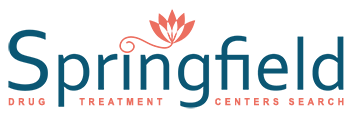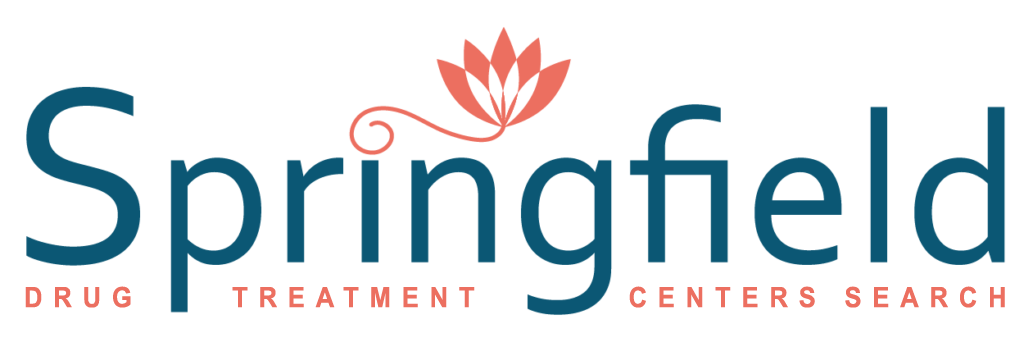Moral Reconation Therapy in Springfield, MO
Moral reconation therapy (MRT) is a form of cognitive behavioral therapy (CBT) applied in drug treatment centers and correctional centers across the country. Moral reconation therapy is designed to enable positive behavioral changes, with this form of therapy proving especially useful for members of the treatment-resistant population. Moral reconation therapy is a relatively new form of treatment, having originated in the United States in 1988. Over this time, it has been featured in 78 published studies and spread its way across the country to impact the lives of thousands of people. If you or anyone you know is struggling with drug abuse or addiction, Springfield Drug Treatment Centers is here to be your guide.
What is Moral Reconation Therapy (MRT)?
MRT is a practical and highly-focused implementation of CBT that attempts to change problematic behavioral patterns from the inside-out. The underlying principle of MRT is that people are prone to seek pleasure and avoid pain whenever possible, with people who abuse drugs often avoiding the moral reasoning and social responsibilities followed by wider society. By teaching program participants how to recognize their own limitations and think more about the consequences of their actions, therapists help people to avoid making unwanted impulsive and compulsive decisions. MRT has proven successful in many areas, with participants expected to improve their self-esteem, reduce their need for thrill-seeking behaviors, and increase their moral reasoning skills.
What is Cognitive Behavioral Therapy (CBT)?
In order to truly understand the power of MRT, it’s important to grasp the basic underlying philosophy of CBT. CBT is a form of psychotherapy originally designed to treat depression disorder, with this powerful form of therapy now used to treat a range of mental health and substance use disorders. During a typical CBT session, therapists will work with clients to help them identify cognitive and emotional distortions. By learning to be mindful of their own limitations, people slowly learn how to recognize problem areas and avoid making the same mistakes time and time again. CBT is widely used in drug treatment centers across the country, with this powerful form of therapy often combined with motivational programs and relapse prevention regimes.
MRT Steps
MRT is applied in a number of steps, each of which plays an important role in the treatment process. The first stage of treatment helps clients to examine existing belief patterns and attitudes, with measure put in place to recognize and identify self-destructive internal processes. The second stage involves an analysis of family and social relationships, the third stage involves measures to reinforce positive belief patterns, and the fourth stage helps clients to form a more positive form of self-identity. These concepts are expanded during the next three stages, with the fifth step involved with developing a healthy concept of self, the sixth step teaching frustration tolerance, and the final step teaching higher powers of moral reasoning. After an MRT program has been completed, participants should have a better concept of their own identity and a clearer understanding of the needs of others.
Let Springfield Drug Treatment Centers be your primary recovery resource. Just give our recovery advocates a call today at (217) 318-3600 to find out more.

